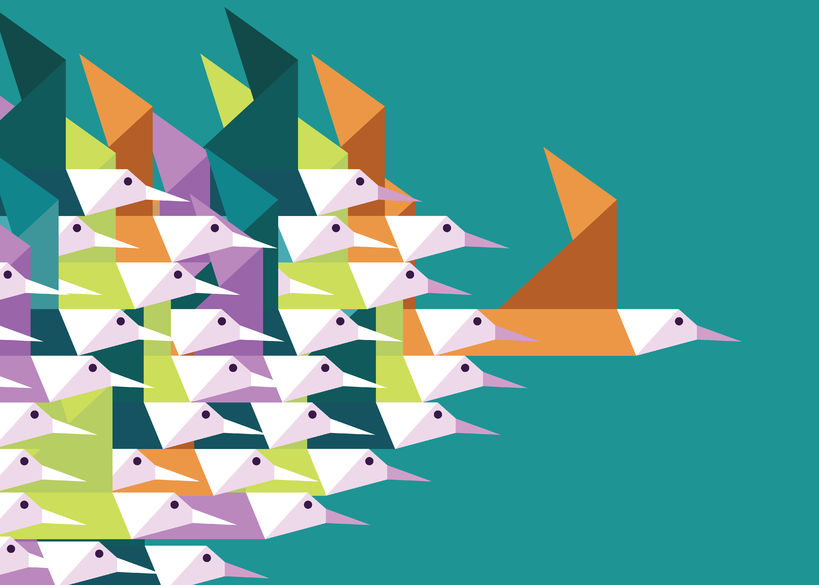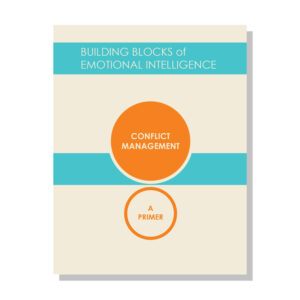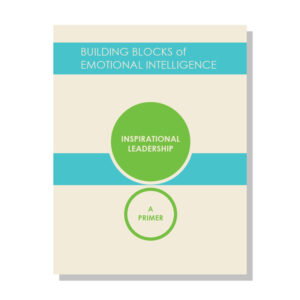
Meditation’s Unlikely Champion
Dan Harris, co-anchor of ABC’s Nightline, had a panic attack on air several years ago. As he recounts in his latest NPR interview, it’s the stuff of nightmares.
“My heart started racing. My mind was racing. My palms were sweating. My mouth dried up. My lungs seized up. I just couldn’t breathe,” he remembered.
After the ordeal, Dan discussed ways to address his panic attacks and stress with friends and health providers. Meditation was frequently suggested. But Harris remained a skeptic. “That’s only for people who are into crystals and Cat Stevens, use the word namaste un-ironically, and live in a yurt.”
Meditation still has a “bad rap” as too weird or difficult. But fortunately that’s changing. What helped changed Dan’s mind was the growing neuroscience research on the real benefits of this ancient practice.
Talk About the Research
Mirabai Bush and Daniel Goleman spoke about their experience of introducing mindfulness techniques to secular audiences – including the US Army. Here’s an excerpt from their discussion in the new print edition of Working with Mindfulness: Research and Practice of Mindful Techniques in Organizations.
Mirabai Bush: For a long time there was a lot of resistance to introducing mindful techniques in some of the organizations I worked with. But as soon as people agree to try it, the benefits become very obvious. Participants become more calm, more clear. They begin to have better insight into what’s happening, and they begin to get along better with the people they’re working with. So once people agree to try it, there’s really no problem. But there is still resistance to trying it, although much less since the publication of the neuroscientific research on mindfulness. All the work that’s come from Richard Davidson and others has really helped people get past a certain level of resistance and skepticism.
Daniel Goleman: I can give you a little background on that change. You mentioned Davidson. He is now a neuroscientist at the University of Wisconsin at Madison. Richard and I were fellow graduate students at Harvard. He was the other one who was interested in meditation. He did his dissertation on attention and so on, and he has gone on to develop a field called Contemplative Neuroscience, which has upgraded the quality of the research on mindfulness and meditation.
Until Richard’s work, frankly, some was great, and some was terrible. Now this research is using fMRIs and state-of-the-art brain imaging. What it’s showing is what we knew intuitively when we were in India, which is that these practices can be quite transformative. And if you practice them a lot, it’s really transformative. If you practice a little, it’s still transformative.
What we found in the research on relaxation was that one of the byproducts of focusing your mind is that your body lets go and relaxes. And the reason it lets go is that one of the things that keeps us stressed is these tight loops of thoughts and ruminations — ”what’s on my mind, what’s upsetting me” — which are hard to let go. Meditation training, whether it’s mindfulness or any other kind of meditation, teaches you how to drop those upsetting thoughts. Our understanding is that it’s the letting go of those thoughts, putting your mind in a neutral or present place and keeping it there, that causes the body to be able to drop the tension, let go of the stress, and then get deeply relaxed.
10% Happier
Harris’ positive experience with meditation led him to write a book: 10% Happier: How I Tamed The Voice In My Head, Reduced Stress Without Losing My Edge, And Found self-help That Actually Works – A True Story. The somewhat tongue-in-cheek title says it all. The hard-nosed reporter is still grappling with his new “identity” as a meditator. But the benefits aren’t lost on him, and he wants to encourage others – especially the chronically stressed, highly driven professional like him – to think twice before scoffing at the idea of sitting still to notice your breath.
He talks more about the book’s mission in the interview. “I honestly believe meditation is the next big public health revolution. The big problem is that there’s this PR issue around meditation. People think it’s either too weird or too difficult. And so my goal is to dispel both myths and to say, A, if a skeptic like me is doing it, you can do it. And, B, if somebody with the attention span of a kitten, like me, is doing it, you can, too.”
Resources
Articles:
Meditation: Breathing New Life into an Ancient Practice
What Mindfulness Is – and Isn’t
What Makes a Good Mindfulness Coach?
Mindfulness at Work: An Interview with Mirabai Bush
Videos:
What is Meditation? It’s Not What You Think
Bringing Mindfulness to the Mainstream
Podcasts:
Guided Exercise: Sensory Focus
Books, Audio, Video:
Working with Mindfulness (CD and download)
Cultivating Focus: Techniques for Excellence
Bridging the Hearts and Minds of Youth
Relax: 6 Techniques to Lower Your Stress







